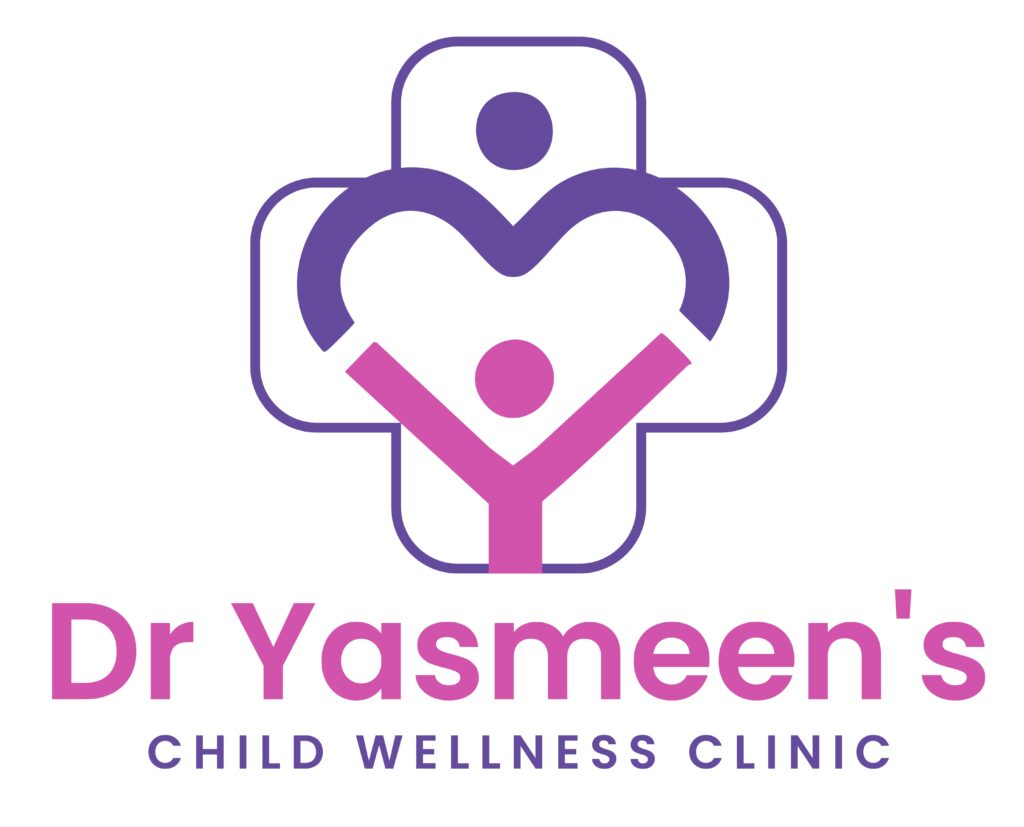Introduction
Development milestones in kids are important signs of healthy growth. These milestones show how children learn, move, speak, and interact. For parents, knowing about child development stages and using a milestone checklist for children can help spot delays early. Early action often leads to better outcomes. In this guide, you will learn what milestones are, how to track them, and when to seek help. Understanding these steps can support your child’s journey.
What Are Development Milestones?
Development milestones are skills or actions most children can do by a certain age. For example, walking, smiling, or saying simple words are milestones. These markers help parents and doctors check if a child is growing as expected. Sometimes, children reach milestones at different times. However, knowing the usual age range is helpful.
Major Types of Milestones
Children grow in many ways. Each type of milestone shows a different part of development. Here are the main types:
- Physical: These include rolling over, sitting, crawling, and walking. Fine motor skills, like picking up small objects, also fit here.
- Cognitive: These involve thinking, learning, and problem-solving. For example, recognizing shapes or following simple instructions.
- Social: These show how children interact with others. Smiling at people or playing with peers are social milestones.
- Emotional: These include showing feelings, such as joy or fear, and learning to calm down.
- Language: These cover making sounds, saying words, and understanding what others say.
Age-Specific Milestone Checklist
Each age group has its own set of common milestones. Below is a simple checklist for each stage. Remember, every child is unique. Still, these lists can guide you.
Infants (0–12 months)
- Smiles at people (by 2 months)
- Rolls over (by 4–6 months)
- Babbles and makes sounds (by 6 months)
- Sits without support (by 6–9 months)
- Pulls to stand (by 9–12 months)
Toddlers (1–3 years)
- Walks alone (by 15 months)
- Says several single words (by 18 months)
- Points to show interest (by 18 months)
- Follows simple directions (by 2 years)
- Begins to run (by 2 years)
Preschoolers (3–5 years)
- Speaks in sentences (by 3 years)
- Plays with other children (by 3–4 years)
- Names colors and shapes (by 4 years)
- Draws simple people (by 4–5 years)
- Hops on one foot (by 5 years)
Early School Age (5–8 years)
- Reads simple books (by 6 years)
- Counts and does basic math (by 6–7 years)
- Shows more independence (by 7–8 years)
- Builds friendships (by 7–8 years)
How to Track Your Child’s Development
Tracking your child’s progress can be simple. First, use a milestone checklist for children. Many trusted groups, like the CDC and WHO, offer free checklists. Next, write down when your child reaches each skill. You can also take photos or videos. If you notice your child is behind, talk with your doctor. Early tracking helps spot issues sooner.
When to Seek Professional Advice
Sometimes, children develop at their own pace. However, you should seek help if:
- Your child misses several milestones for their age
- They lose skills they once had
- You notice problems with hearing, vision, or movement
- Your child does not respond to sounds or people
If you have concerns, contact your pediatrician. Early support can make a big difference.
Tips for Supporting Healthy Development
There are many ways to help your child grow. Here are some tips:
- Talk, read, and sing to your child every day
- Play simple games together, like peek-a-boo or building blocks
- Give your child time to play with other kids
- Offer healthy foods and regular sleep
- Encourage safe exploration and movement
With these steps, you can support your child’s learning and growth.
Prevention and Early Intervention
Early action can prevent bigger problems later. For example, regular checkups help doctors spot delays. Vaccines and good nutrition also support healthy growth. If a delay is found, early therapy or support can help your child catch up. Early intervention is key for the best results.
Conclusion
In summary, knowing about development milestones in kids helps parents support healthy growth. Use checklists, watch for delays, and talk to your doctor if you have concerns. Consult a pediatrician if you have concerns about your child’s development.

